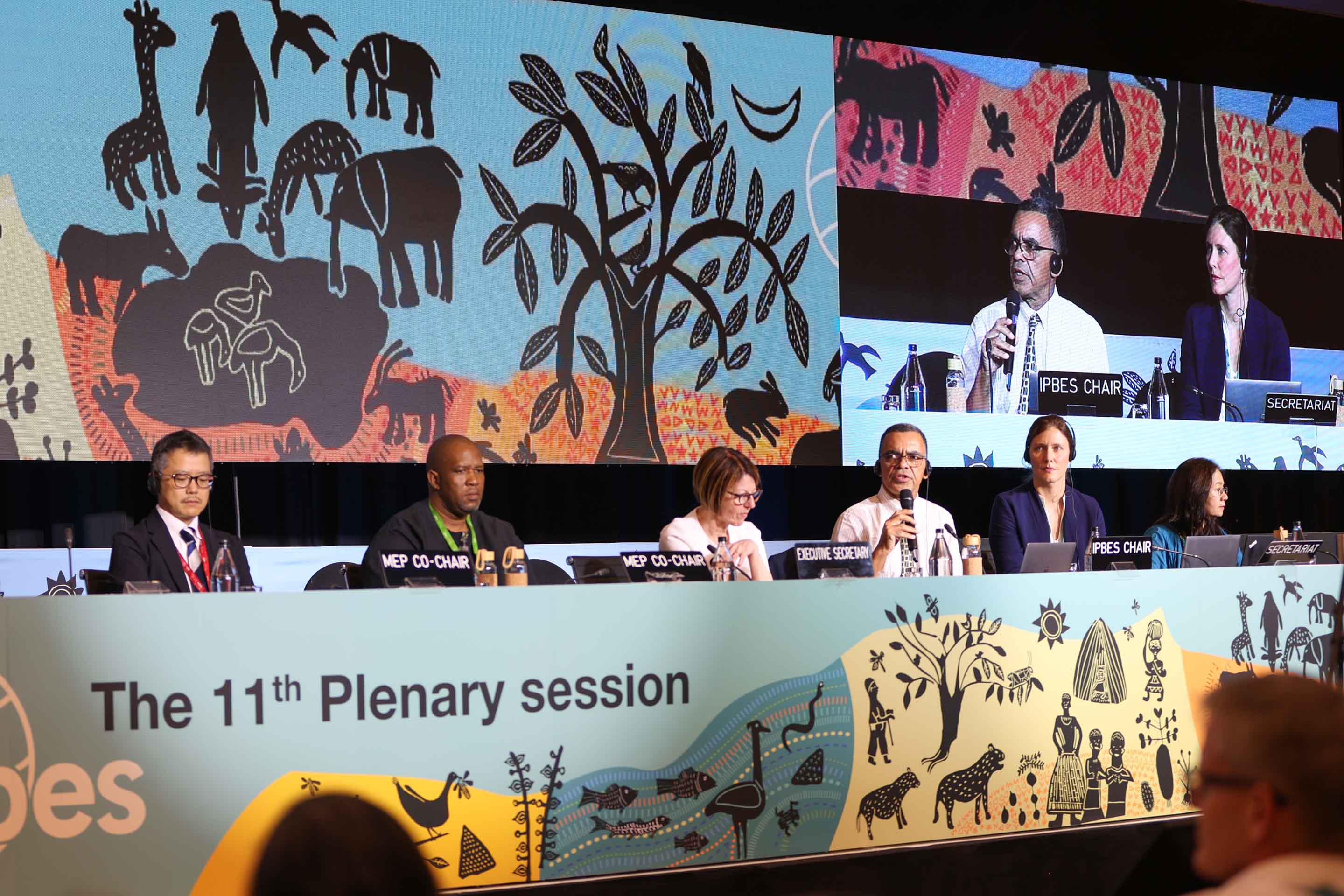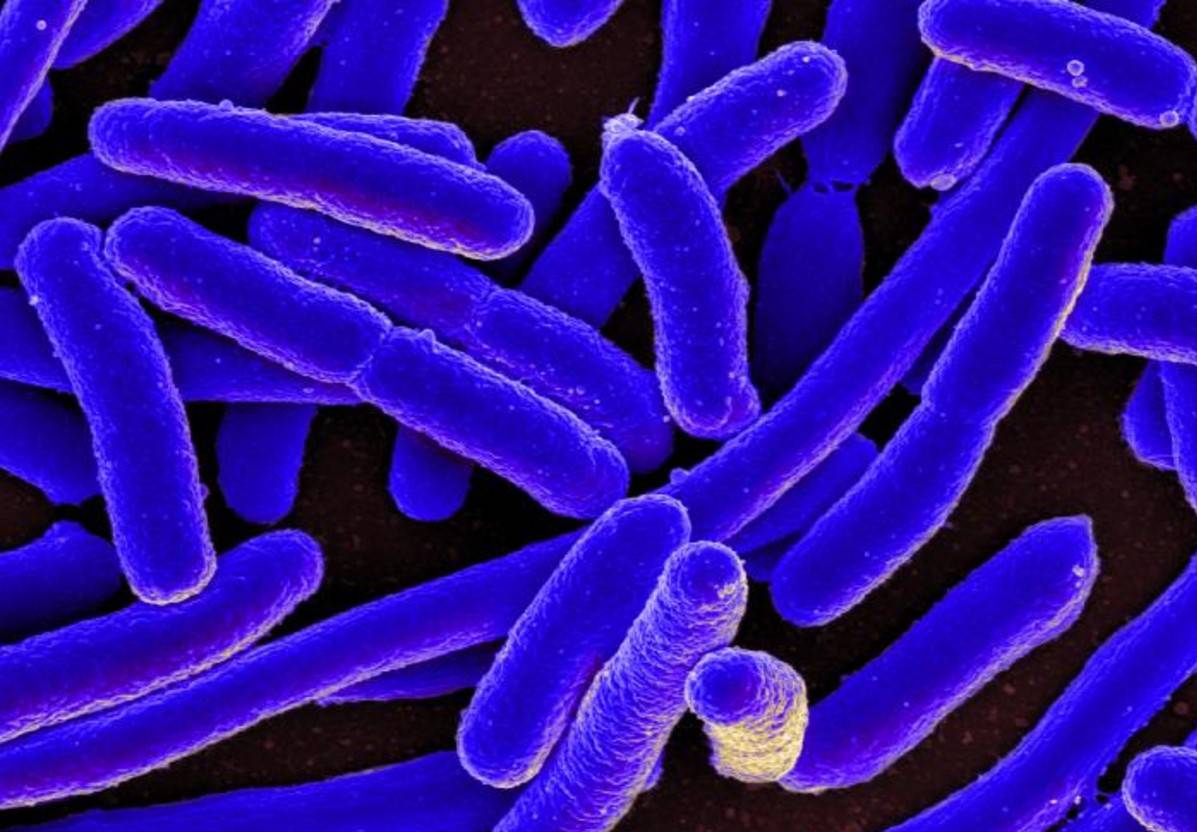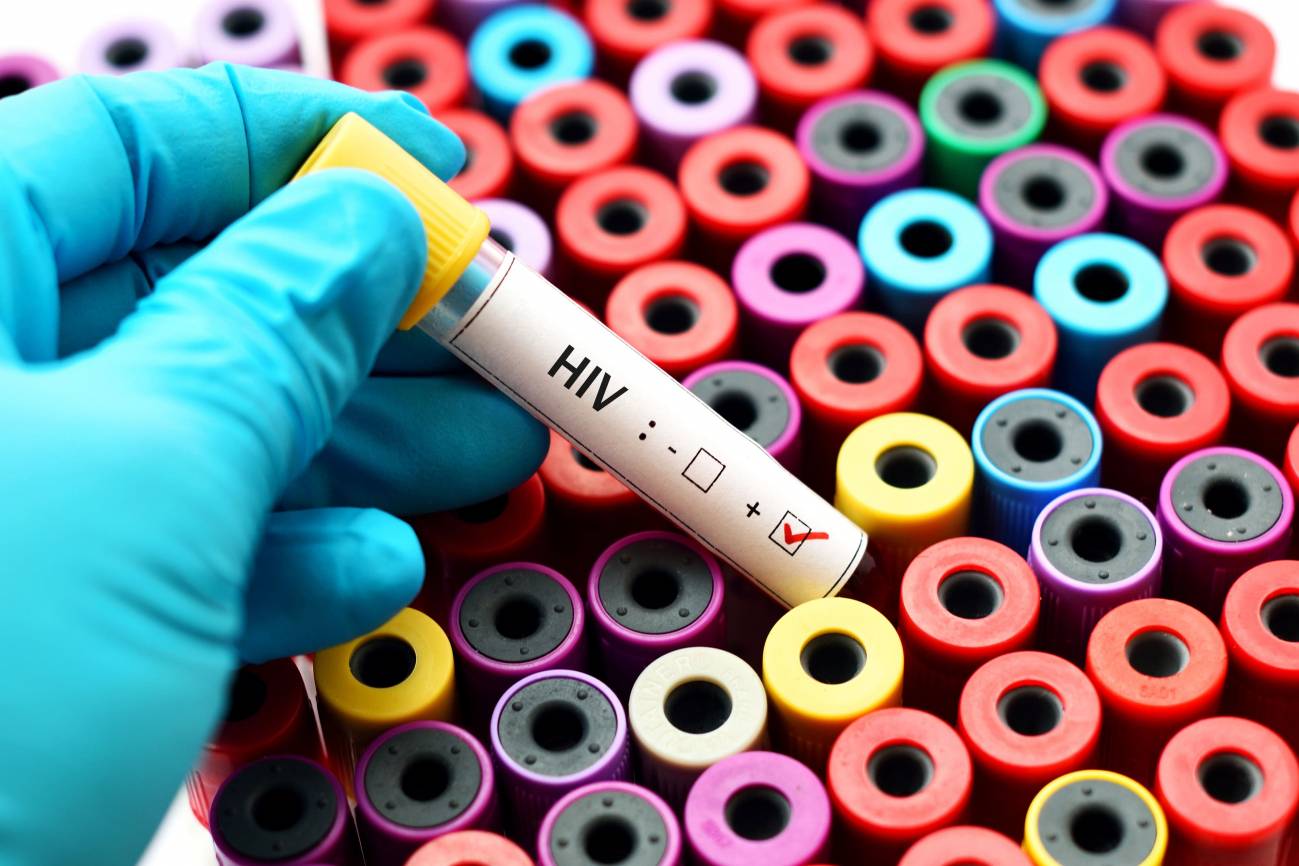Study finds that being born into a large family is associated with a more cooperative nature in adulthood
People who grow up with more brothers or sisters may have a more cooperative personality, i.e. with traits such as honesty, humility and agreeableness, according to a study published in PNAS. Using data from 700,000 adults surveyed online, the research concludes that mean honesty-humility and agreeableness scores are slightly higher in people with more siblings. Among those with the same number of siblings, people born middle and last have a slightly higher mean score than firstborns.









